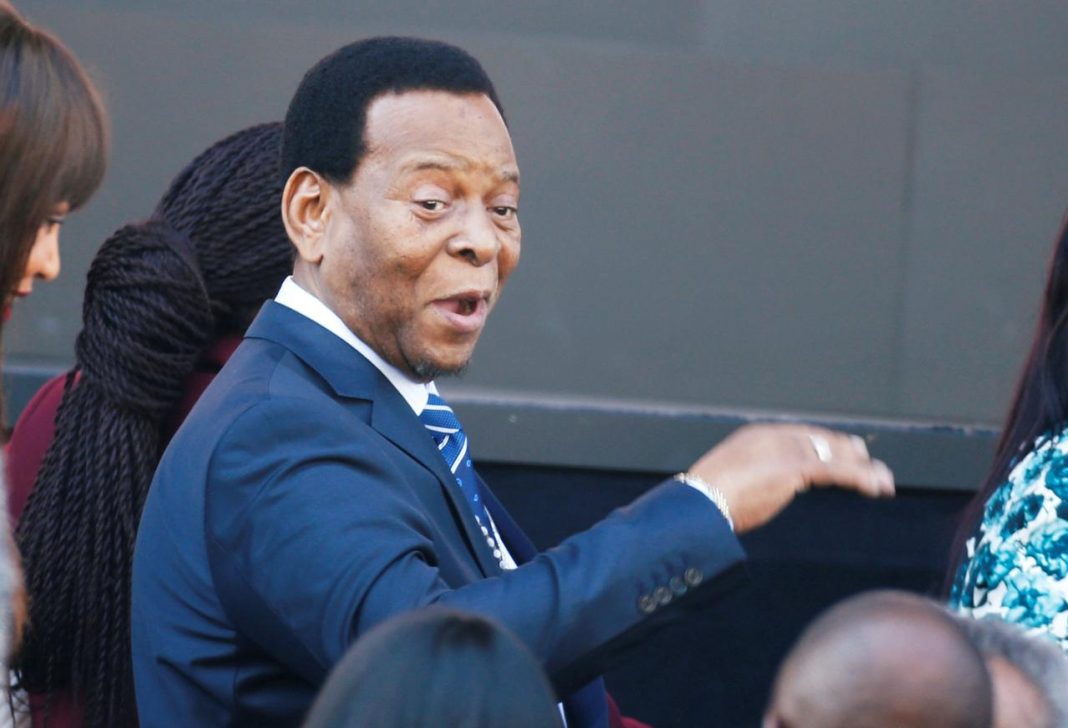Lucas Ledwaba
Parliament has asked the Ingonyama Trust Board (ITB) to explain why it did not reach any of the targets it set to support or capacitate traditional councils in the second quarter of the 2019/20 financial year.
In an overview report analysing the board’s 2020/21 annual performance plan and its 2020-25 strategic plan, parliament’s portfolio committee on agriculture, land reform and rural development says there was lack of commitment by the ITB to ensure that trust land was administered for material benefit and social well-being of traditional authorities or communities living on trust land.
The committee adds that this “has been a major contestation against the Board.”
“In addition, there was no evidence of funds or development support reaching the deserving communities living in Trust land as required by law,” the report dated 30 April says.
The ITB was established by the former KwaZulu homeland government on the eve of the historic 1994 first democratic election to administer land on behalf of Zulu monarch King Goodwill Zwelithini who is the sole trustee.
The ITB is the subject of a pending court case brought by the Council for the Advancement of the SA Constitution (Casac), the Rural Women’s Movement and seven informal land rights holders.
The parties are challenging the compulsory signing of lease agreements at the instruction of the ITB.
It has also drawn the ire of rural folk who are rebelling against paying annual leases on their ancestral land to the ITB.
An expert advisory panel on land and agrarian reform led by former president Kgalema Motlanthe recommended, among other things, that the ITB Act be reviewed or repealed and land currently under its administration be given to municipalities and people who live on it.
This coupled with moves to amend section 32 of the Constitution to allow for expropriation of land without compensation has raised the ire of Zwelithini who has threatened to take the matter to The Hague.
In its presentation to the portfolio committee on agriculture, land reform and rural development dated 5 May, the ITB proposed a budget of R52.2million.
This includes over R38.5 million for salaries, R4.6 million for board members fees, an additional R1 million for increased activities of the board and a further R1.08 million for board related expenses.
The ITB has set an amount of R43 million as its proposed income, the bulk of it, R19million set to come from commercial leases and a further R17million from telecommunication leases.
A further R3million is set to be generated from residential leases and R1.2 million from mining royalties.
This is despite increased mining activity on tribal trust land especially in northern KwaZulu-Natal where the ITB is in charge of most of the land.
The ITB puts its projected total expenditure at R48million, saying R1.2million will go towards its land and tenure management services.
The trust plans to spend another R27.8 million on corporate services and financial administration.
The department of agriculture, land reform and rural development which funds the ITB has not allocated it funds for the 2020/21 financial year.
This was as a result of ITB failing to submit its budget to the department on time.
Parliament raised the same concern last week and ordered the ITB to present a detailed budget.
The troubled entity in January placed five of its top management on ‘special leave’ on the basis of an internal investigation.
On April 30 parliament noted that in the 2nd quarter of 2019/20, the ITB managed to spend only 15 per cent (R9.9 million) of its allocated R63.1 million for the quarter while it achieved 79 per cent of the planned targets.
“Of great concern is that the [ITB] Board did not achieve targets that speaks to its mandate,” the unit noted.
The committee initially raised concern that the board did not make any budget allocations showing how it was planning to spend funds on its key projects.
“The plan to amend the KwaZulu-Natal Ingonyama Trust Act in order to align the Board with the mandate to administer Trust land for the benefit and material well-being of the members of tribal authorities and communities living on Trust Land was in the pipeline for a long time. The Board should indicate how far is the process.
“It is of great concern that [the] Board is seeking clarity on the laws that are linked to the Board getting an unqualified opinion for many years. For example, it is seeking clarity on laws relating to municipal property rates and ownership of mineral royalties.
“With regard to mineral royalties, the Board indicated during the presentation of its 2018/19 APP that engagements have started with the then Department of Mineral Resources to address the audit qualification on royalties. The Board should indicate whether those engagements did take place.”
The committee also asked the ITB to explain its plans to achieve unqualified opinion in 2020/21 and clean audit in 2022/23, saying “it has not indicated measures that are going to be taken to ensure it achieve this target as it has failed for several years to achieve that.”
The committee also noted that in the ITB’s presentation, about R20 million of its total income (R43.1 million) is going to be used for community support (R7.9 million) and Land and Tenure Management Services (R12.2 million).
“These are the only activities that speaks to the mandate and the mission of the Board to administer Trust land for the social and economic upliftment of traditional authorities and communities residing on Trust land.”



